15pc tax proposed on income of pvt colleges, varsities
Published:
2021-06-04 06:56:26 BdST
Update:
2024-04-16 21:09:04 BdST
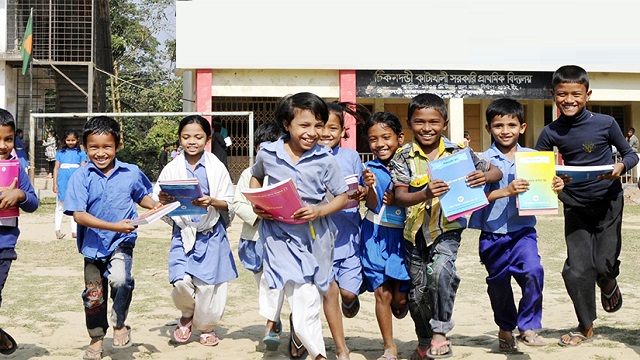
Live Correspondent: The allocation for the education sector in the proposed budget for 2021-22 fiscal year remains almost unchanged in terms of size and percentage of Gross Domestic Product (GDP) compared to the current 2020-21 FY. This has dealt a blow to the expectations of educationists that the size of allocation for the education sector would go up significantly in the next fiscal year to combat dropouts in schools, child marriage and child labour amid the coronavirus pandemic.
While unveiling the national budget in Parliament on Thursday, Finance Minister AHM Mustafa Kamal proposed allocating Tk 71,951 crore for the Primary and Mass Education Ministry and Education Ministry for upcoming 2021-22 FY.
Of the allocation, Tk 26,311 crore has been earmarked for the primary education sector, slight up from this year’s Tk 24,937 crore. The allocation for the secondary and higher education sector has seen a significant rise, going from Tk 33,118 crore in the fiscal year 2020-21 to Tk 36,486 crore in the fiscal year 2021-22.
However, Tk 9,154 crore has been allocated for technical and madrasa education sector for the next fiscal year, which is a very small increase from of Tk 8,345 crore allocated in the 2020-21 FY.
The allocation of the upcoming FY for the education makes up 11.91 per cent of the total budget outlay and its share in the GDP stands at 2.08 per cent against allocation of Tk 66,400 crore in 2020-21 FY which was 11.69 per cent of the total outlay and 2.09 percent of GDP.
In his budget speech, the finance minister said since the beginning of the pandemic, the government has taken various steps to keep students involved in academic activities. He said the academic activities have been continuing using online platforms to keep around 4 crore students engaged in academic activities.
Mustafa Kamal said a large number of students in the country are graduating every year and becoming eligible for employment in the job market. “To ensure that these new graduates can easily get jobs in their respective fields, the government will give priority to launching an internship programme for them in both public and private sectors.”
A policy framework will be formulated in the coming fiscal year for the immediate launch of the internship programme, he added.
The educationists had called for at least a 15-20 per cent allocation of the budget for the education sector to continue the success in the sector and ensure quality education. They had also sought enough allocation for chalking out and implementing 2-3 year-long Covid-19 response and recovery plan for the education sector.
But the budgetary allocation for this sector remains almost unchanged, leaving little scope for investment on quality education in the country. Talking to the Daily Sun, educationist Prof Manzoor Ahmed said Bangladesh’s budgetary allocation in the education sector is poor compared to other South Asian countries.
The educationist also said it was needed to ensure enough budgetary allocation to support distance learning and ICT-based learning at educational institutions and strengthening school feeding programmes to curb school dropout and child marriage amid the pandemic.
Apart from the enough allocation, there is also a need for proper implementation of the allocation to ensure quality education, he said. “We have to make a post-pandemic recovery plan for our students as they have already lagged far behind due to the closure of educational institutions for a long time,” Prof Manzoor said.
15pc tax proposed on private colleges, universities, In the proposed budget for 2021-2022 financial year, the finance minister proposed a 15 per cent tax on the income of private colleges and universities across the country through formulating a law.
Earlier, the government imposed tax on the institutions since 2010 but the tax was not collected due to the case regarding the issue. The finance minister has proposed 15 percent tax as the case has been settled. He proposed the tax for private universities, private medical colleges, private dental colleges, private engineering colleges or private colleges which are teaching information technology only.
In an immediate reaction, Association of Private Universities of Bangladesh (APUB) Chairman Sheikh Kabir Hossain told that the flourishing of the higher education will be hampered if the government imposes any type of tax on the private universities.
Terming the imposition of 15 per cent tax on the private universities illogical, he said the universities are running through the trust act and there is also a specific private university act. “So, the imposition of the tax is not logical as it is not a company.”
“We had hoped the government would announce special stimulus package in the budget for the private universities as they are facing lots of crisis due to the pandemic. But instead of providing stimulus package for the universities, the government has proposed the tax which is unacceptable.”
Dhaka, June 03 (campuslive24.com)//BSC
Topic:


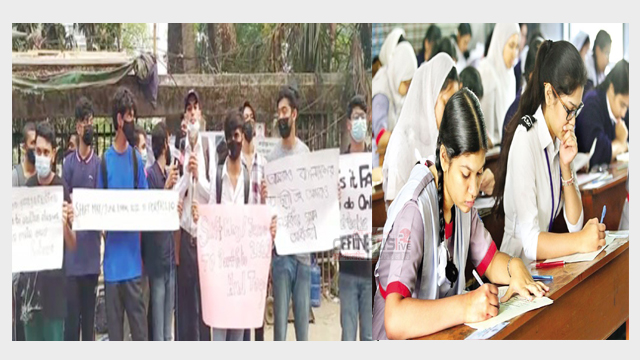

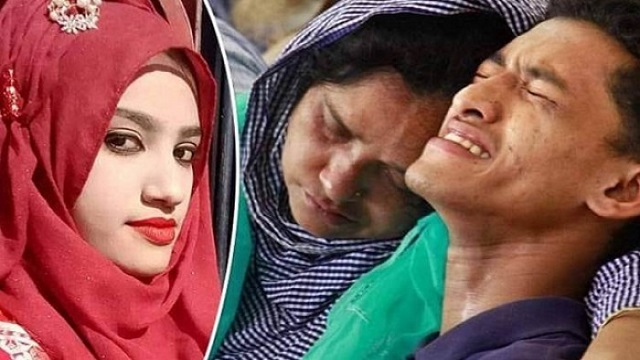
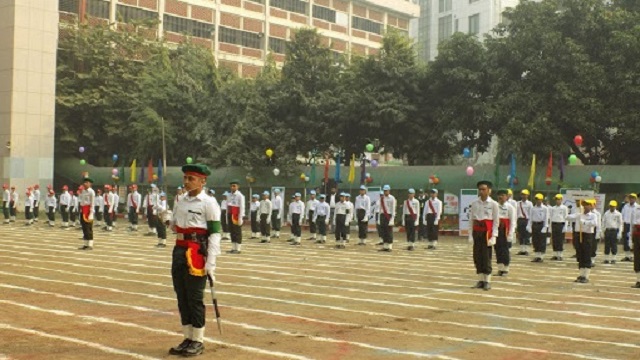
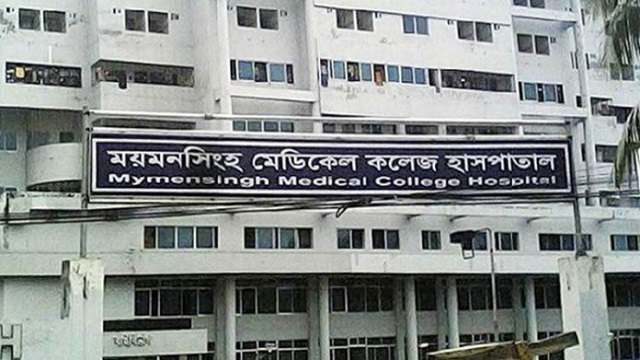
Share Your Valuable Comments: